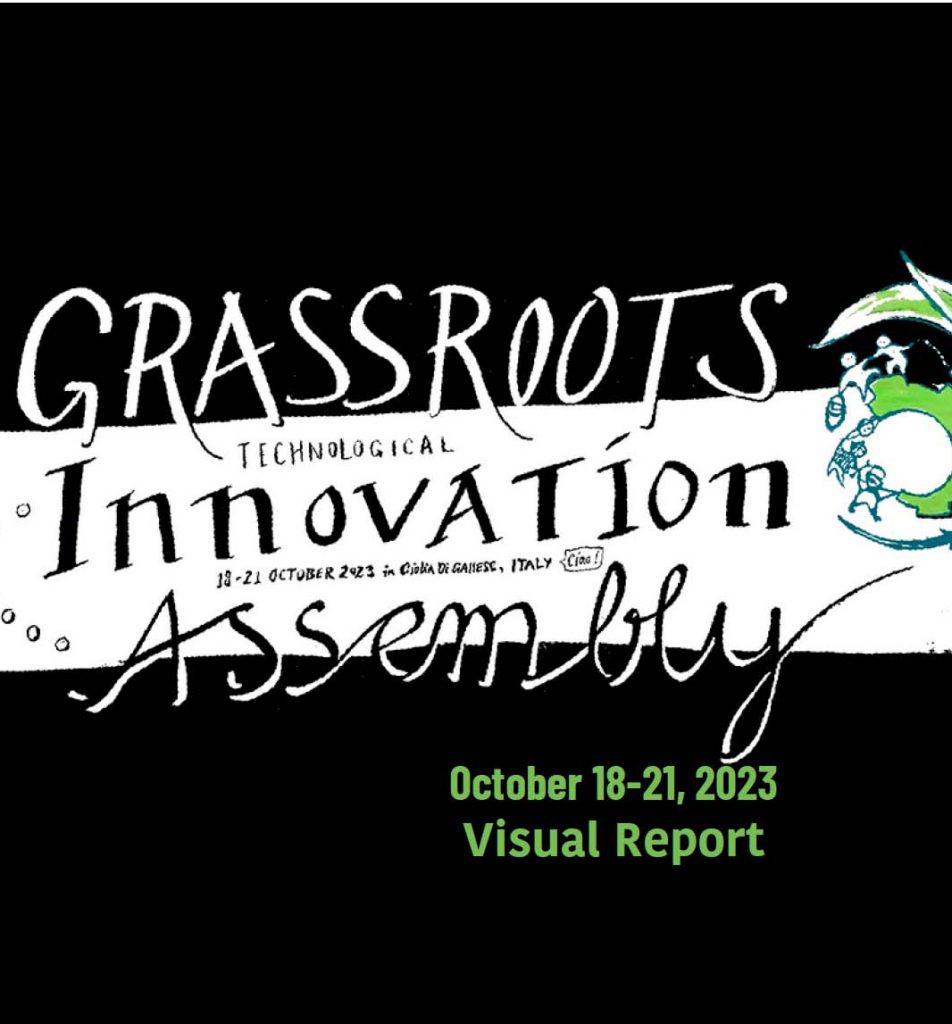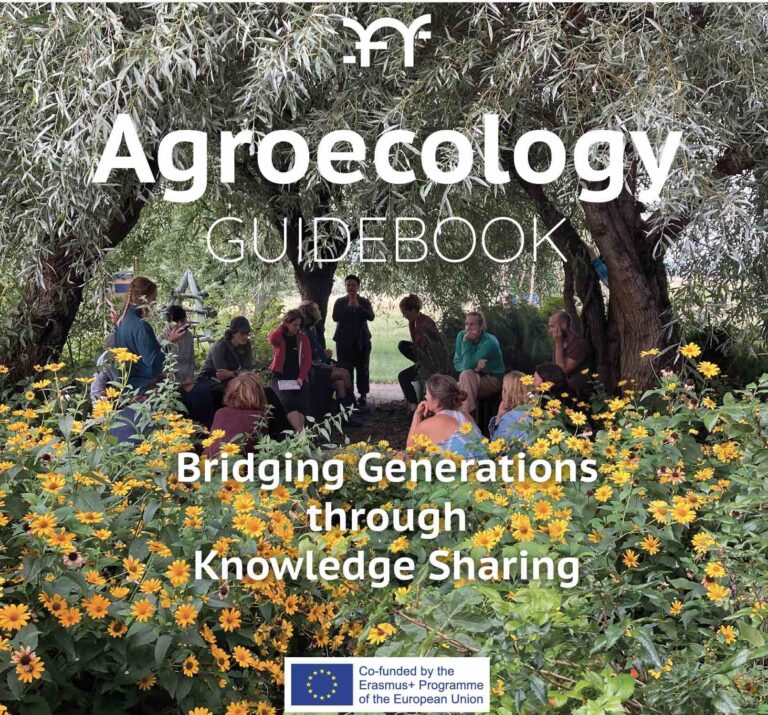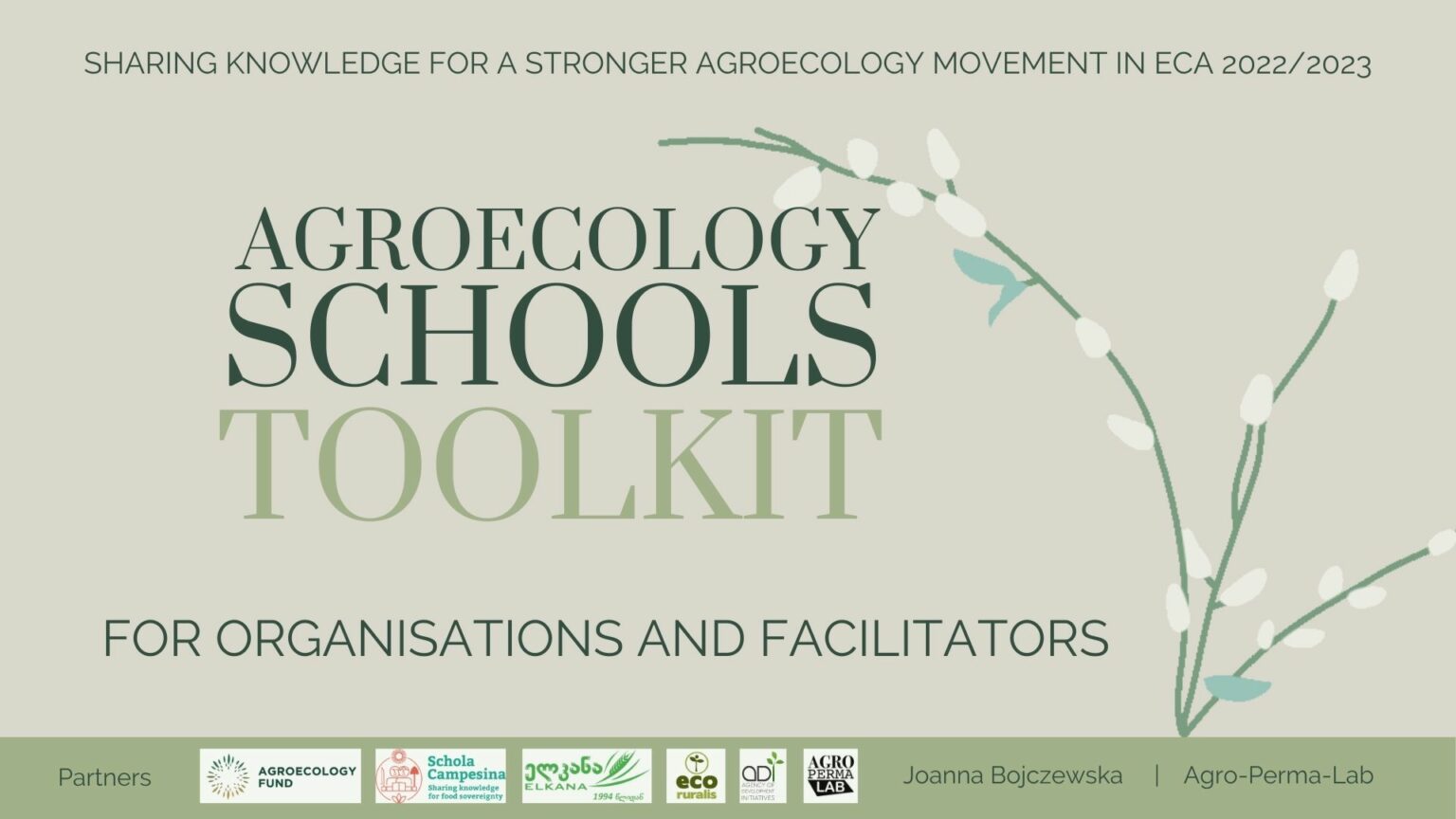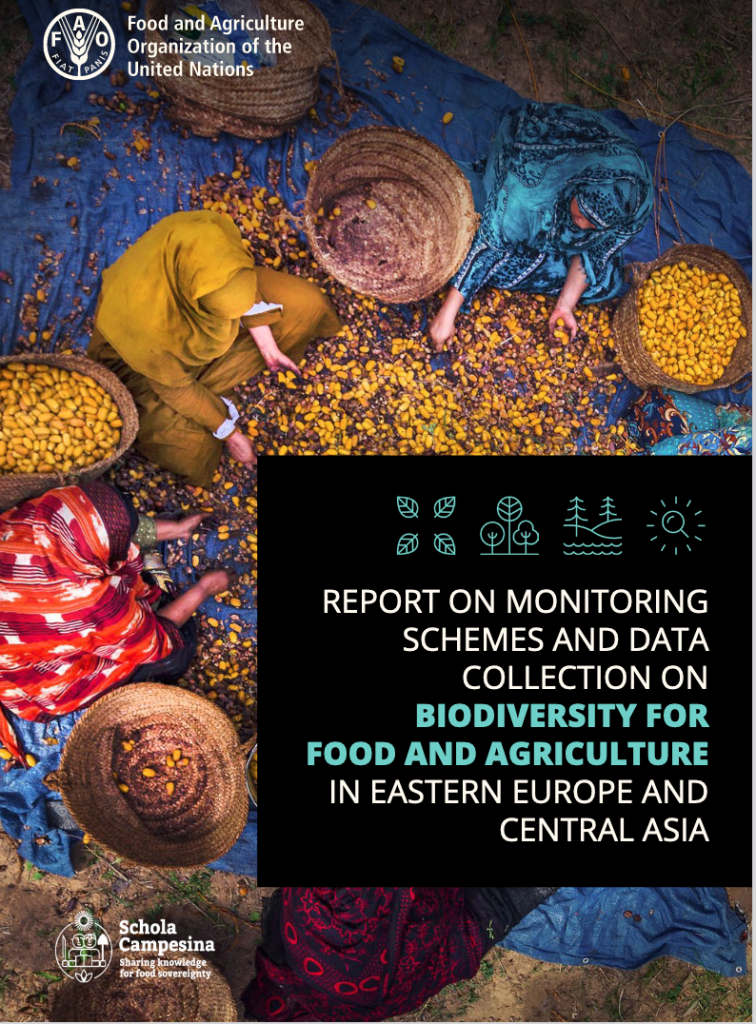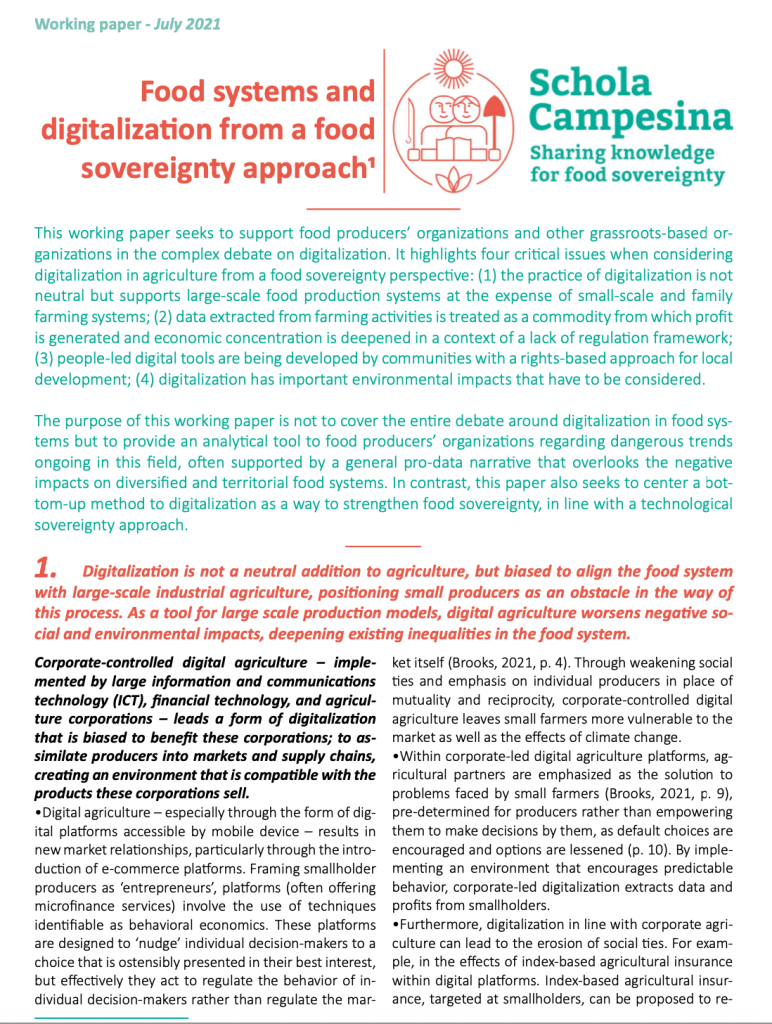Schola Campesina is an international Agroecology school, based in the Italian biodistrict Via Armerina e delle Fore,dedicated to to strengthening food producers’ organizations worldwide in their struggle for Food sovereignty and Agroecology. Through knowledge sharing processes (trainings, videos, webinars), we aim to facilitate the understanding and engagement with the global governance of food and agriculture (Rome process). Based on Nyéléni International Forum for Agroecology (2015) and on the principles of ‘Dialogo de saberes’ and Popular Education, Schola Campesina aims to cultivate the dialogue among peasant, academical and activist knowledge.
Recent publications
The Grassroot Innovation for Agroecology Assembly 2023 Visual Report.
This report documents the first international gathering of the Grassroots Innovations for Agroecology Assembly held from Oct 18-21, 2023 in Gallese, Italy. As food producers confront climate crises, corporate capture, and the new extractive technologies of AG 4.0, smallholders are organizing their own innovation networks for agroecological methods. The work of these networks demonstrates that peasant autonomy is possible through grassroots innovation, knowledge-sharing, research, and collaboration.
The idea for the international grassroots innovations assembly was seeded by a group of established innovation networks like Farm Hack, L’Atelier Paysan, and Schola Campesina. Download the report
Agroecology Guidebook
÷The BAG – Bridging Generations in Agroecology project, funded by the European Union and spanning from 2020 to 2023, addresses the pressing challenges faced by rural communities in Europe, particularly the obstacles related to knowledge sharing and co-creation. This publication is the result of collaborative efforts of 6 partners actively engaged in the field of agroecology, as part of their involvement in the project: ZIARNO (Poland), HNEE (Germany), Toekomstboeren (the Netherlands), InterAfogs (France), Swiss School of Byodinamics, and Schola Campesina.
The Agroecology Schools Toolkit
The Agroecology Schools Toolkit is part of a continued pedagogical work allowing agroecology schools facilitators to meet, exchange and be trained on content and methodology. It also aims at supporting young organisations in starting their own agroecology schools. Through horizontal knowledge-sharing organisations expand leadership, expertise and tools across community research, education and political work to promote agroecology at the international, national and regional levels.
Download the Toolkit
Latest News
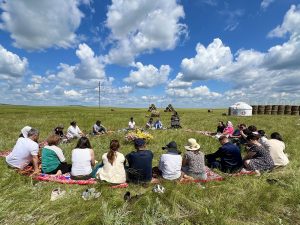
Workshop on smallholders, family farmers, and UNDROP implementation in Kazakhstan is successfully completed
The Workshop on Smallholders and Family Farmers and the Implementation of UNDROP was successfully conducted from July 18th to 20th, 2024, in Stepnogorsk, Akmolinsk region

July 31, 2024 – Innovation award on farmer field schools for sustainable agrifood systems pitching event!
🚀Pitching event! ✨ Innovation award on farmer field schools for sustainable agrifood systems. REGISTER AND JOIN THE EVENT Mark your calendars! The Global Farmer Field Schools Platform in

SIGN statement! The Civil society statement on biodiversity offsets and credits
Join us and more than 200 CSOs and academics signing on the Civil Society Statement on Biodiversity Offsets & Credits! Biodiversity markets will only repeat
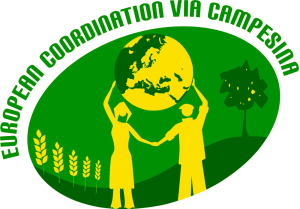
EU farmers demands for the new legislative period. ECVC press release.
ECVC farmers and other small-scale producers have spent decades demanding fair income through market regulation, prices that cover production costs and a better sharing of
BILIM - Agroecology alliance
in Europe and Central Asia region
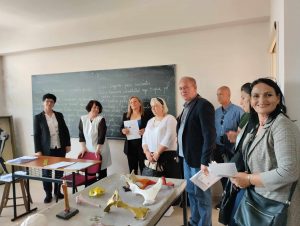
Exchange Visit of STINA Women’s Association from Kosovo to Albania: exploring local seed bank,didactic field and educational laboratories.
From May 22 to May 23, 2024, Schola Campesina, in collaboration with COSPE Association and the Professional School “Ndre Mjeda” in Bushat, Vau Dejes Municipality,
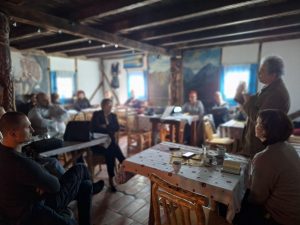
The workshop “Acceleration of agro-ecological transition of agricultural systems” and visit to Bosnia and Herzegovina and Serbia, March 20, 2024
The visit to Bosnia and Herzegovina and Serbia, organized by Bilim Alliance members Alica Foundation (Bosnia and Herzegovina) and Schola Campesina, was centered around the
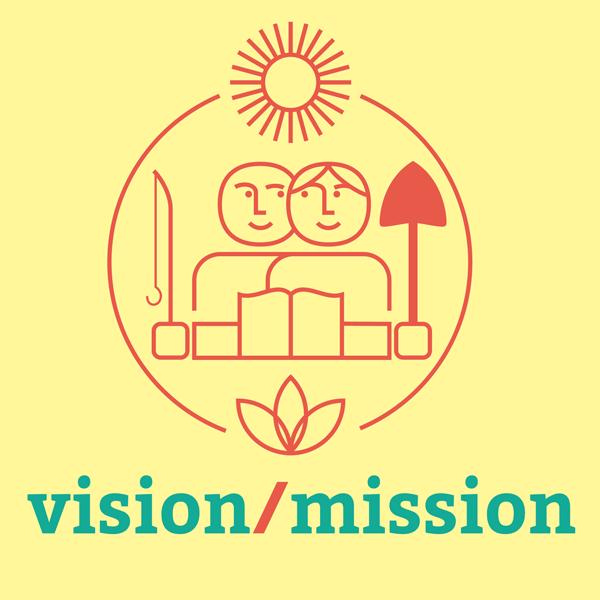
There are 1.5 billion peasant farmers and food producers in the world (the largest sector in the world) and they represent a pillar of economic democracy. Indeed, small-scale food producers make food and agriculture the unique sector of the economy which is not dominated by oligopolies (Internet is in the hands of 10 companies, the world energy market is possibly in the hands of 20, and most economic sectors are experiencing unprecedented concentration). Despite the large number of concentration processes currently ongoing, food and agriculture represents the only sector where there are still 1.5 billion food producers. Hence, a rights-based social and economic model built on a strong sector of food producers, peasant farmers, small-scale fishers and pastoralists, and not on the arrogant force of a few.

